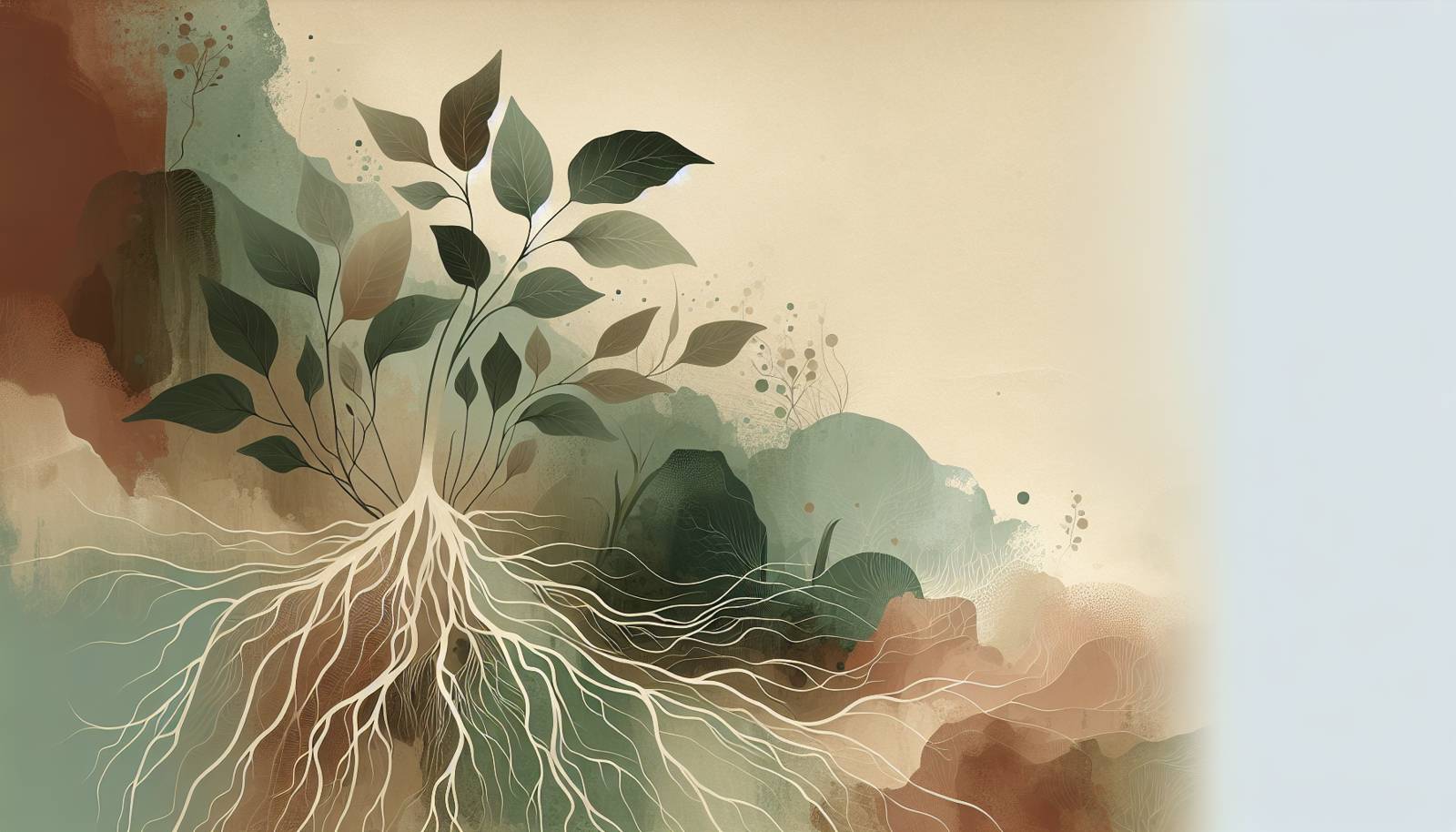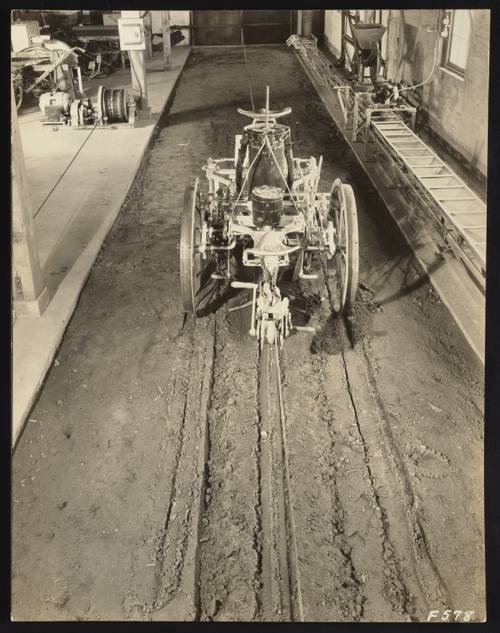
FAQ About Indoor Plant Soil Compaction Solutions

What causes soil compaction in indoor plants?
Soil compaction in indoor plants is primarily caused by over-watering, poor soil composition, and lack of aeration. When the soil particles are tightly packed, it reduces the space available for air and water, creating a dense environment that restricts root growth. Additionally, the weight of pots and plant containers on the soil surface can contribute to compaction over time.

How can I tell if the soil in my indoor plant pot is compacted?
You can identify compacted soil by observing several indicators. Compacted soil often feels hard and dense, making it difficult for water to penetrate. You may notice water pooling on the surface rather than being absorbed. Additionally, plants in compacted soil may show signs of stress, such as wilting or stunted growth, despite adequate watering.

Why is soil compaction bad for indoor plants?
Soil compaction is detrimental to indoor plants because it restricts root expansion, reduces aeration, and impedes water drainage. This leads to a lack of oxygen available to the plant roots and can cause root rot, nutrient deficiency, and overall poor plant health. Plants in compacted soil often struggle to thrive and may exhibit signs of decline.

How can I alleviate soil compaction in my houseplants?
To alleviate soil compaction, gently aerate the soil using a tool like a fork or chopstick to loosen the soil without damaging the roots. Consider repotting the plant using a well-draining potting mix. Adding materials like perlite, sand, or bark to the soil mix can improve aeration and drainage properties.

Can I prevent soil compaction in my indoor plants?
Yes, you can prevent soil compaction by choosing the right potting mix, watering properly, and regularly checking soil condition. Use lightweight and porous soil mixes that provide good drainage. Avoid over-watering, as excess water can compact the soil. Periodically aerating the top layer of soil can also help maintain its structure.

What types of potting mixes are best for preventing soil compaction?
A well-aerated potting mix with materials like perlite, vermiculite, or coconut coir is best for preventing soil compaction. These components increase soil porosity and allow better water retention and air flow. Specialized mixes for particular plant types, such as succulents or orchids, are also formulated to resist compaction.

Is sand effective in reducing soil compaction for indoor plants?
Sand can be beneficial in reducing soil compaction as it improves drainage and aeration within the potting mix. However, it should be used in moderation, as too much sand can lead to excessive drainage, detracting from the soil's ability to retain necessary moisture and nutrients for plant health.

What are some signs that my indoor plant is suffering from soil compaction?
Signs that an indoor plant is suffering from soil compaction include yellowing leaves, slow or stunted growth, wilting despite moist soil, and poor water drainage. Additionally, you might observe that the plant looks unhealthy overall and that roots are tightly packed or circling the pot.

How often should I aerate the soil of my indoor plants?
The frequency of aerating your indoor plant soil depends on the type of plant and soil condition, but generally, doing so every couple of months can help maintain good soil health. More frequent aeration may be necessary for plants in lower quality or heavy soils, especially after watering or fertilizing.

Can compacted soil lead to root rot in indoor plants?
Yes, compacted soil can contribute to root rot by creating a poorly-draining environment where water stagnates around roots, fostering rot-causing fungi. The lack of oxygen exchange in compacted soil exacerbates the problem, as roots suffocate and become more susceptible to infection.

Is it necessary to use specialized tools to aerate soil for indoor plants?
While specialized tools like soil forks or aeration probes can make the process easier, you can effectively aerate the soil with common household items such as a fork, chopstick, or even a thin stick. These can be used to gently poke into the soil, loosening it up without damaging plant roots.

Can over-fertilizing contribute to soil compaction in potted plants?
Yes, over-fertilizing can lead to a buildup of salts and minerals in the soil, which may exacerbate soil compaction and decrease its porosity. This can create a harsher environment for roots, reducing their ability to uptake nutrients effectively and causing further stress to the plant.

How does the choice of pot impact soil compaction?
The choice of pot can significantly impact soil compaction. Pots with poor drainage or those made of non-porous materials like plastic can exacerbate compaction issues by trapping moisture. Choosing pots with good drainage holes and breathable materials like terra cotta can help prevent soil compaction.

Should I repot my plant to solve soil compaction issues?
Repotting is often a viable solution for severe soil compaction issues. It allows you to replace the compacted soil with a fresh, well-draining mix, providing a healthier environment for root growth. Ensure the new potting mix is appropriate for your specific plant's needs to maintain optimal root health.

What role does organic matter play in preventing soil compaction?
Organic matter such as compost or peat moss can greatly improve soil structure and prevent compaction by increasing the soil's water retention and aeration capacity. It helps maintain a balanced ecosystem for roots, providing nutrients and promoting healthy microbial activity.

Can compacted soil affect the pH levels in indoor plant pots?
Yes, compacted soil can lead to changes in pH levels by affecting the soil's drainage and aeration, which can alter the chemical environment around plant roots. Depending on the specific conditions, this may result in a more acidic or alkaline soil, impacting nutrient availability to plants.

How do environmental conditions indoors influence soil compaction?
Indoor environmental conditions such as humidity, temperature, and exposure to light can influence soil compaction. High humidity and cooler temperatures can lead to minimal evaporation, causing soil to remain saturated longer and become more compact over time. Ensuring adequate light and airflow can mitigate some of these effects.

Does the type of plant affect how you address soil compaction?
Yes, different plants have varying tolerance levels to soil compaction and may require tailored solutions. For instance, succulents and cacti need particularly well-drained soil, whereas some tropical plants may tolerate more moisture. It's important to understand your plant's natural habitat to address its specific soil needs correctly.

Are there any products available to help loosen compacted soil in indoor plant pots?
There are several products available that can help loosen compacted soil, such as soil conditioners or gypsum. These products work by improving soil structure and enhancing drainage and aeration. However, they should be used with caution and according to the instructions, as each plant may respond differently to soil amendments.
